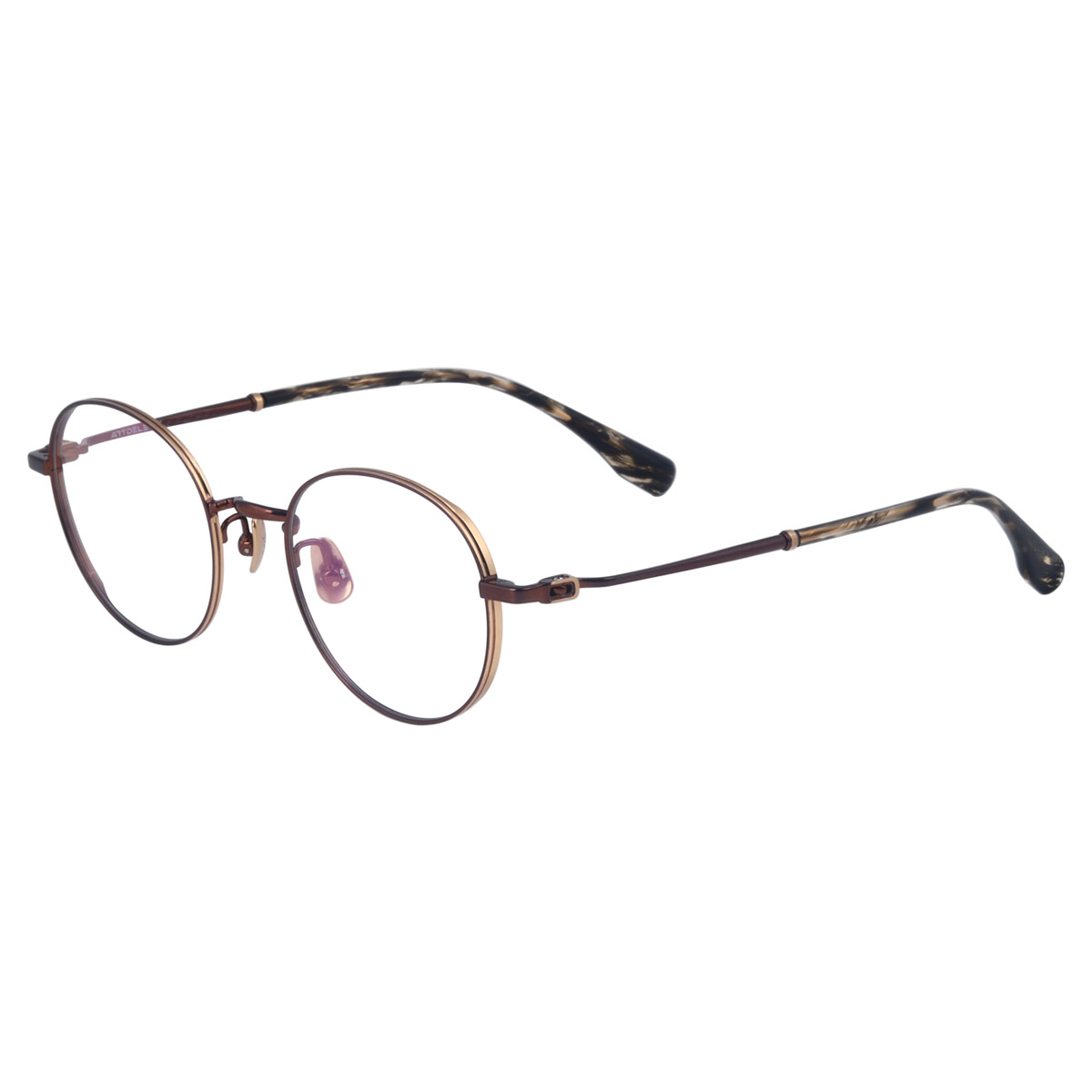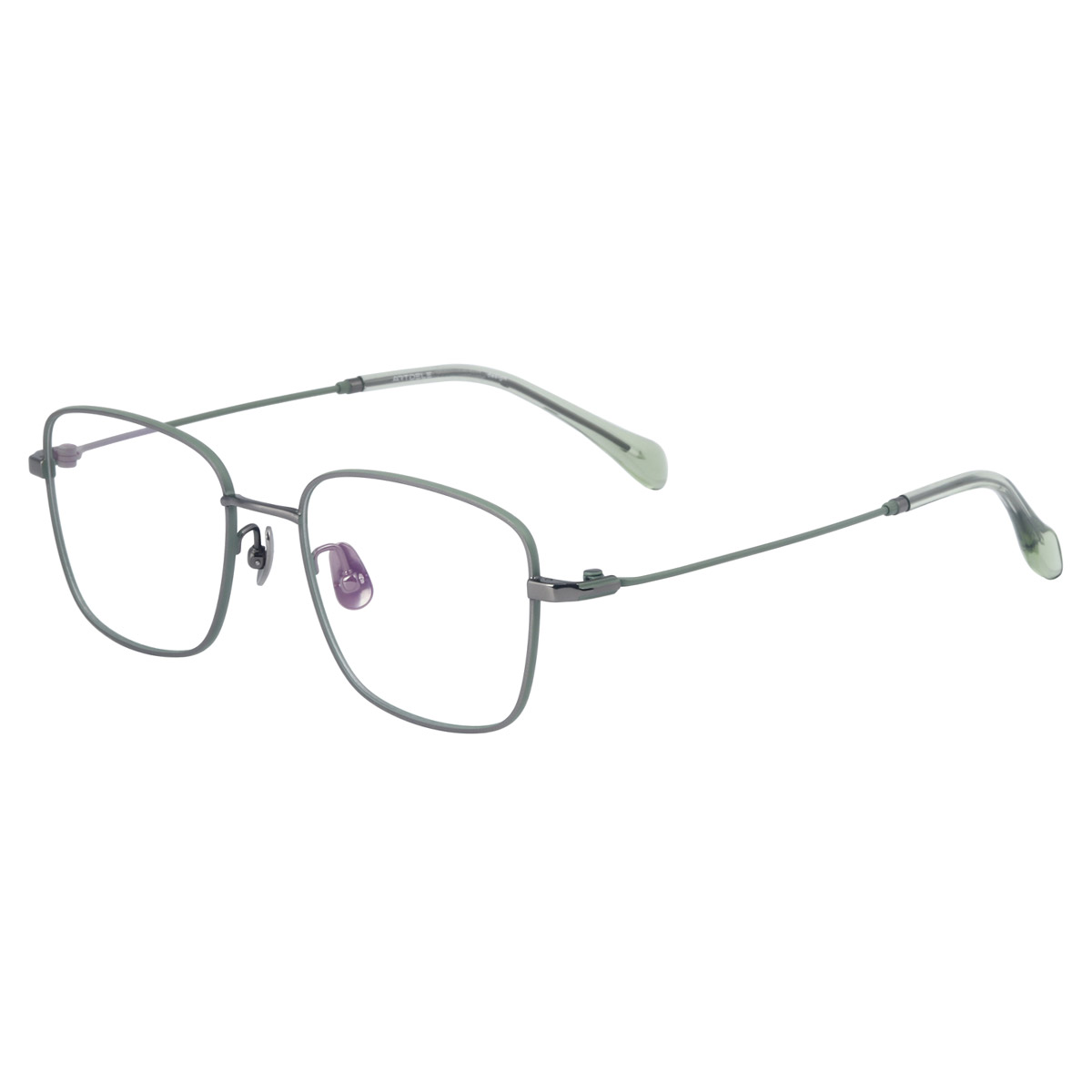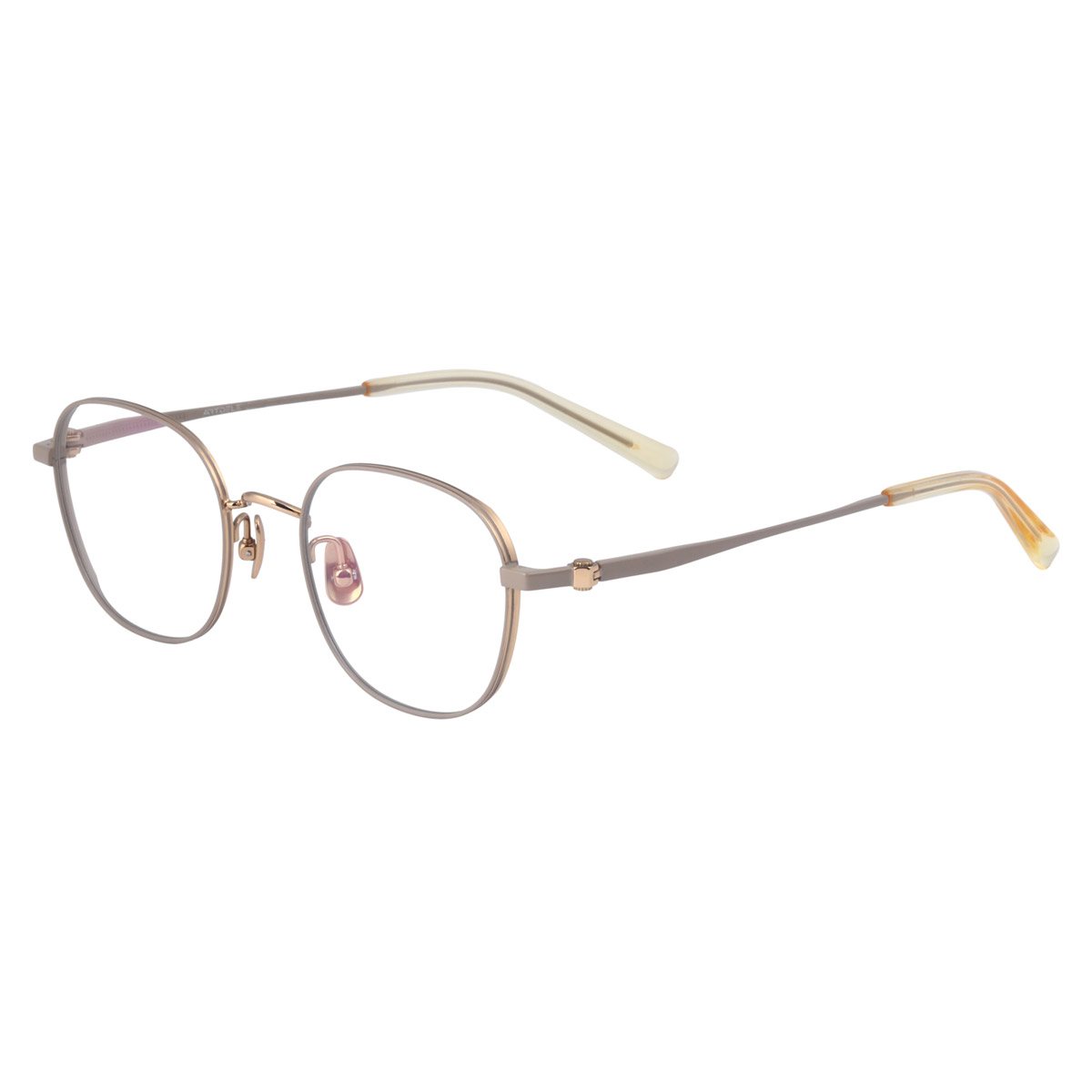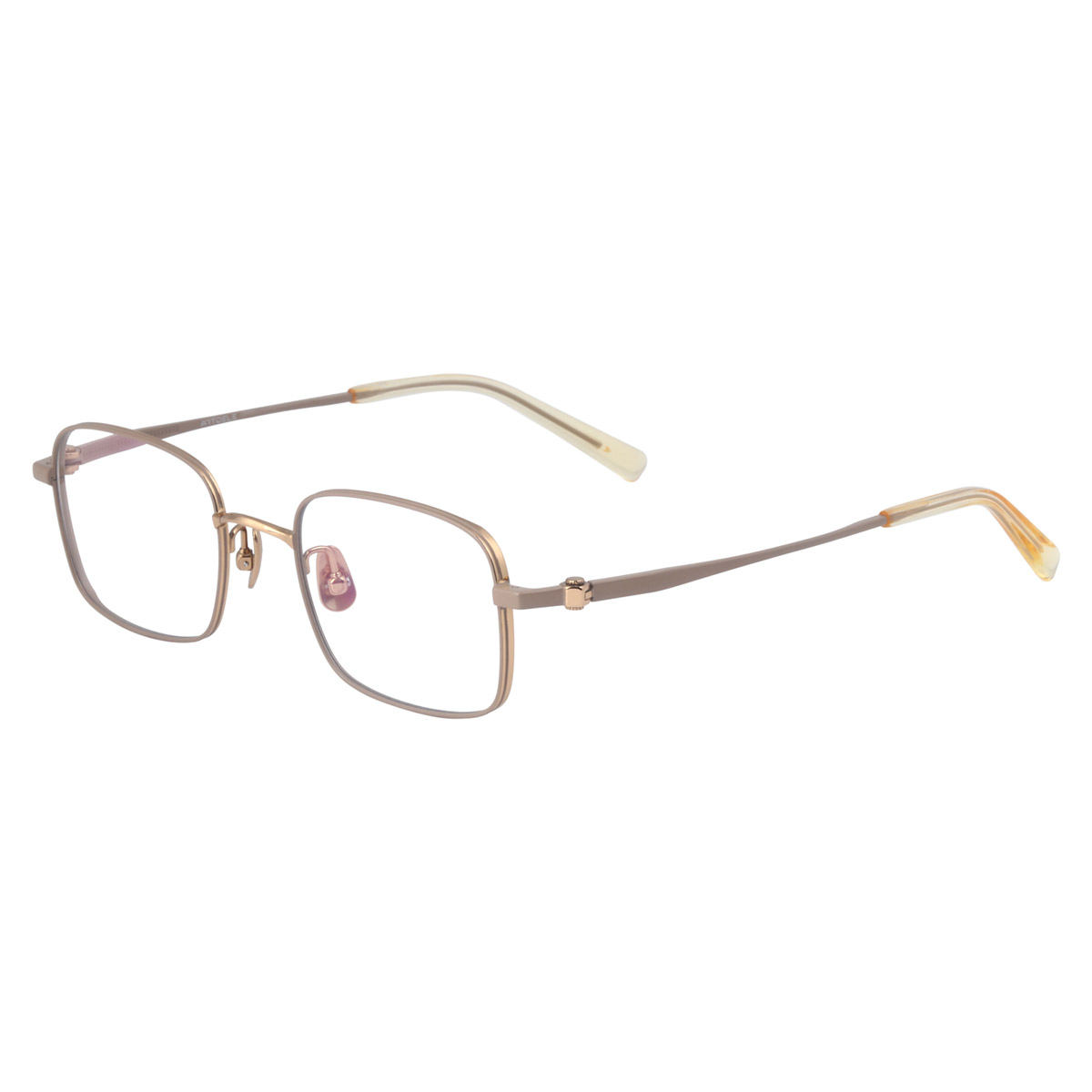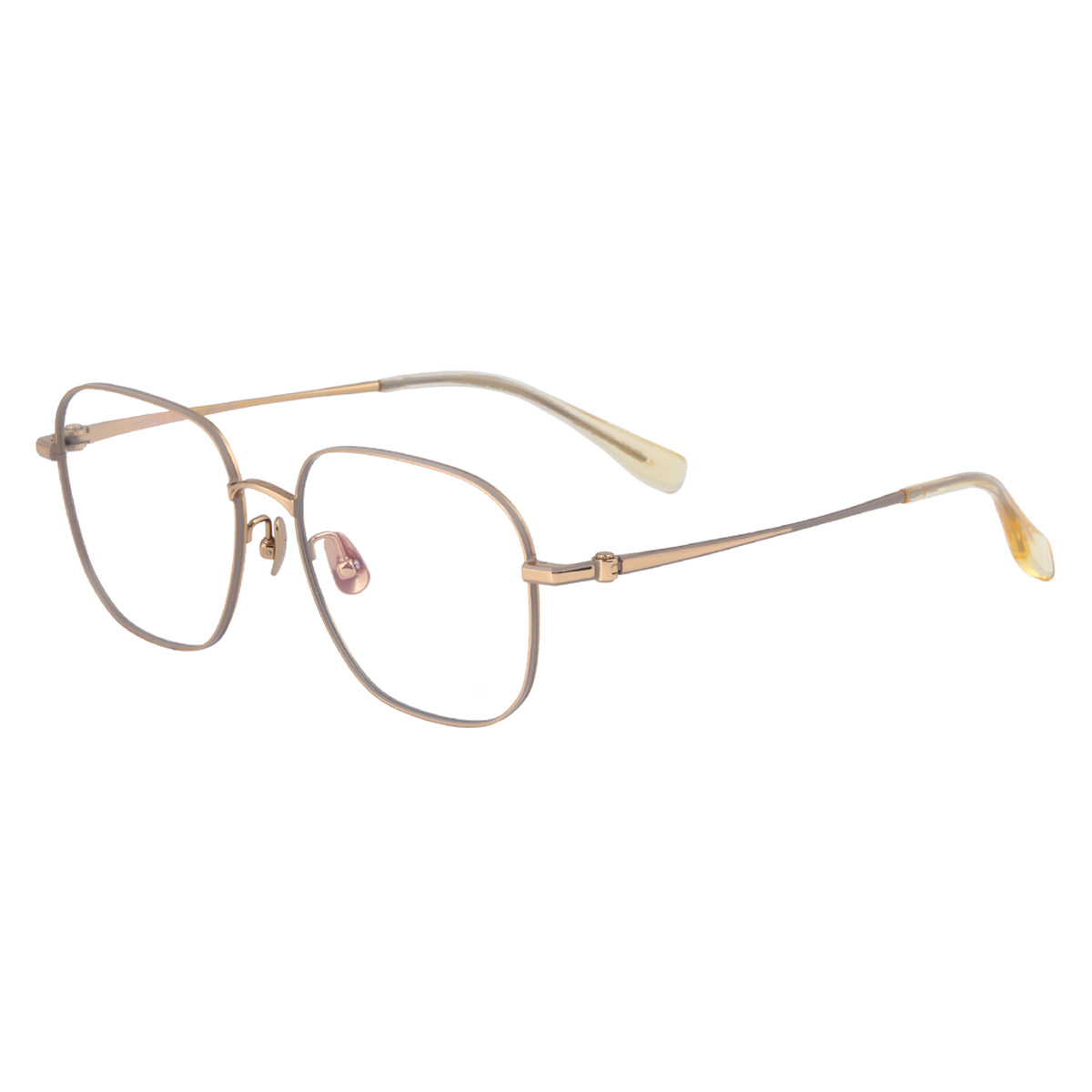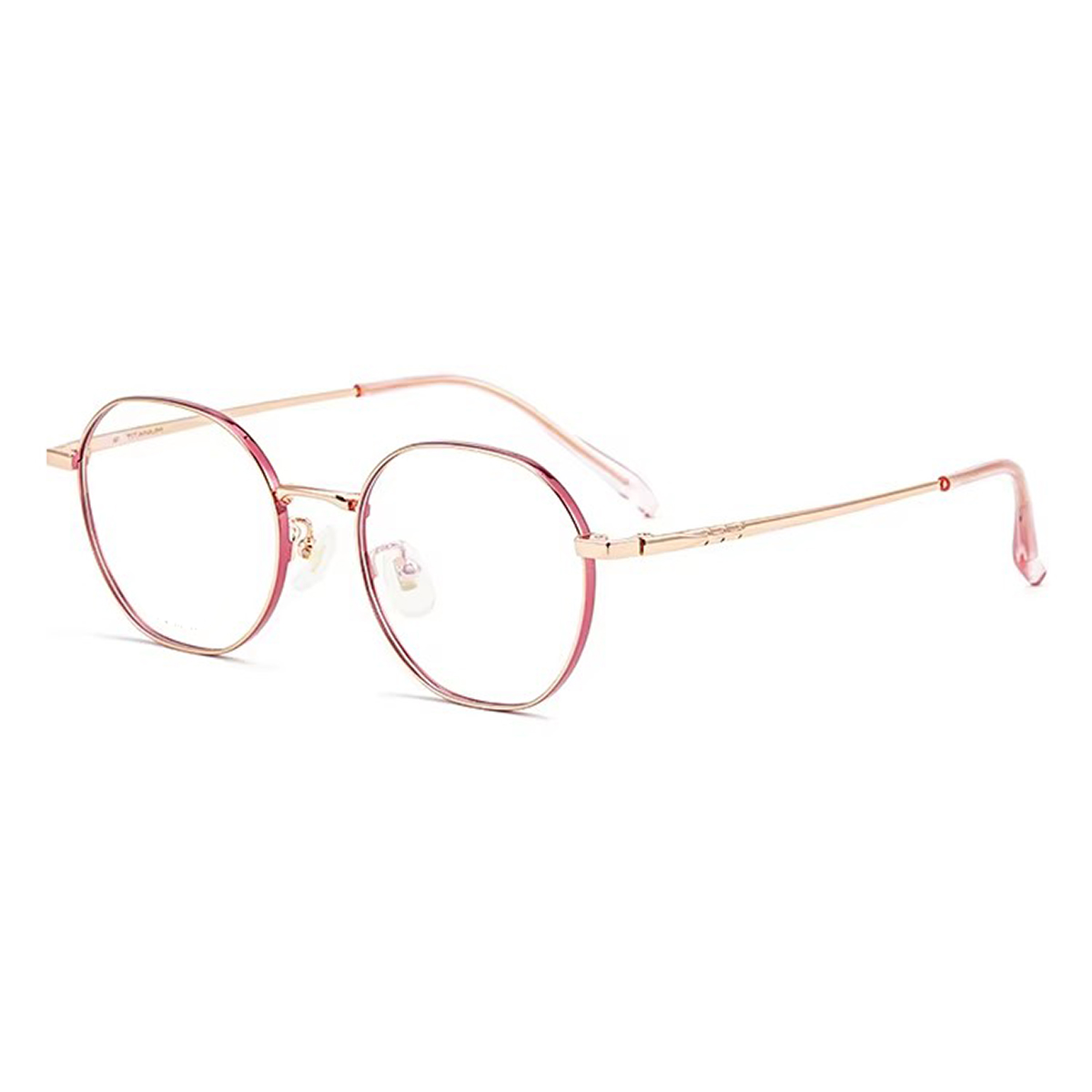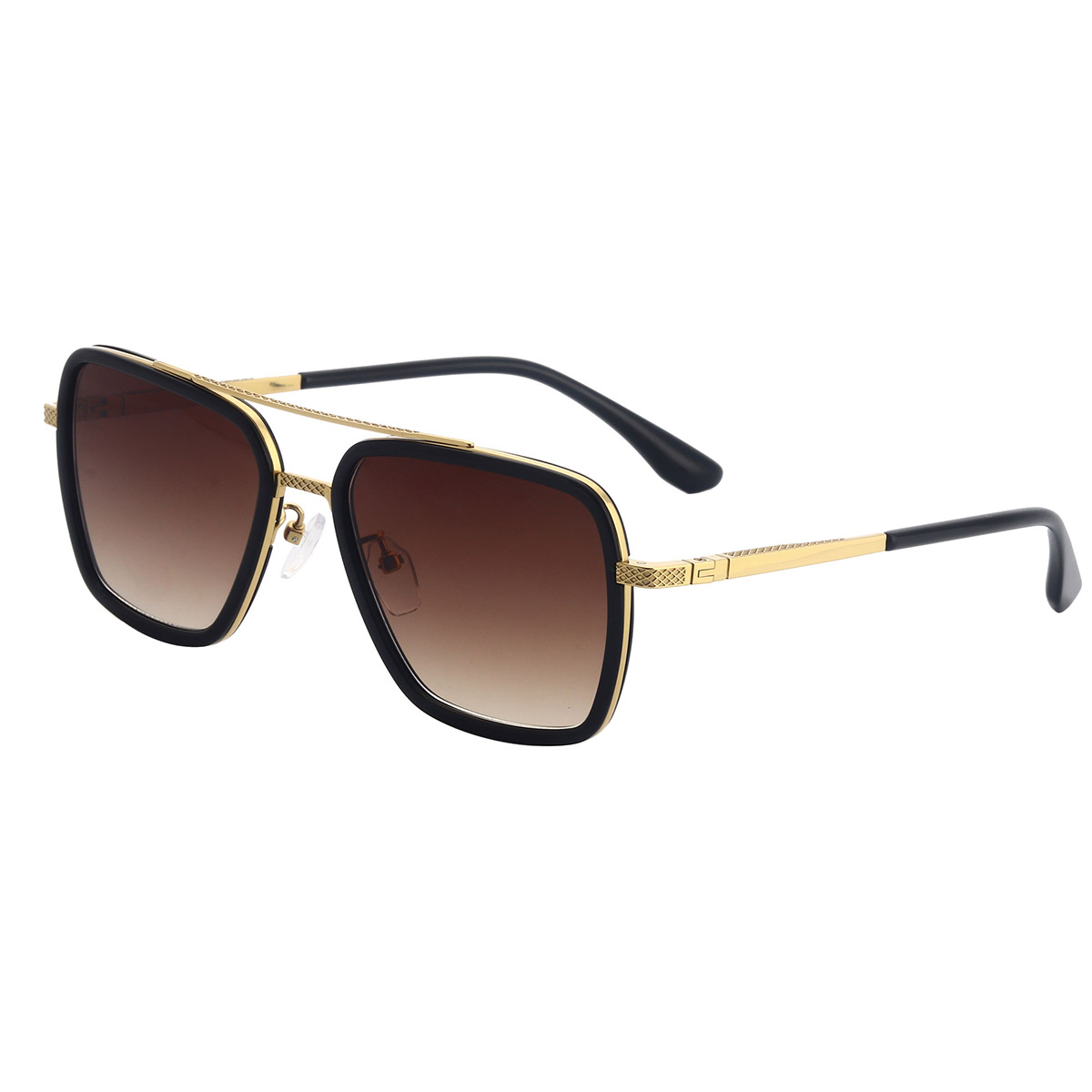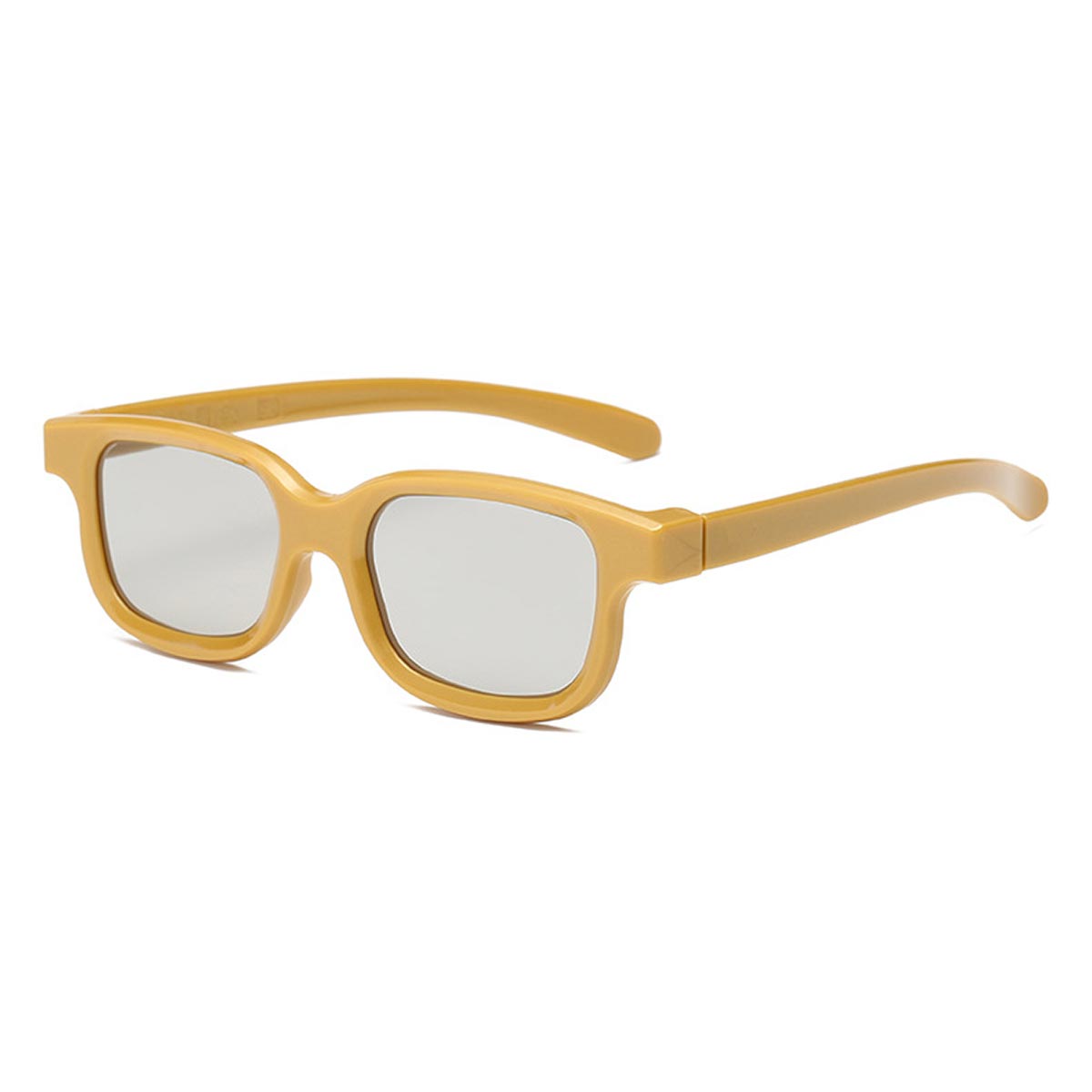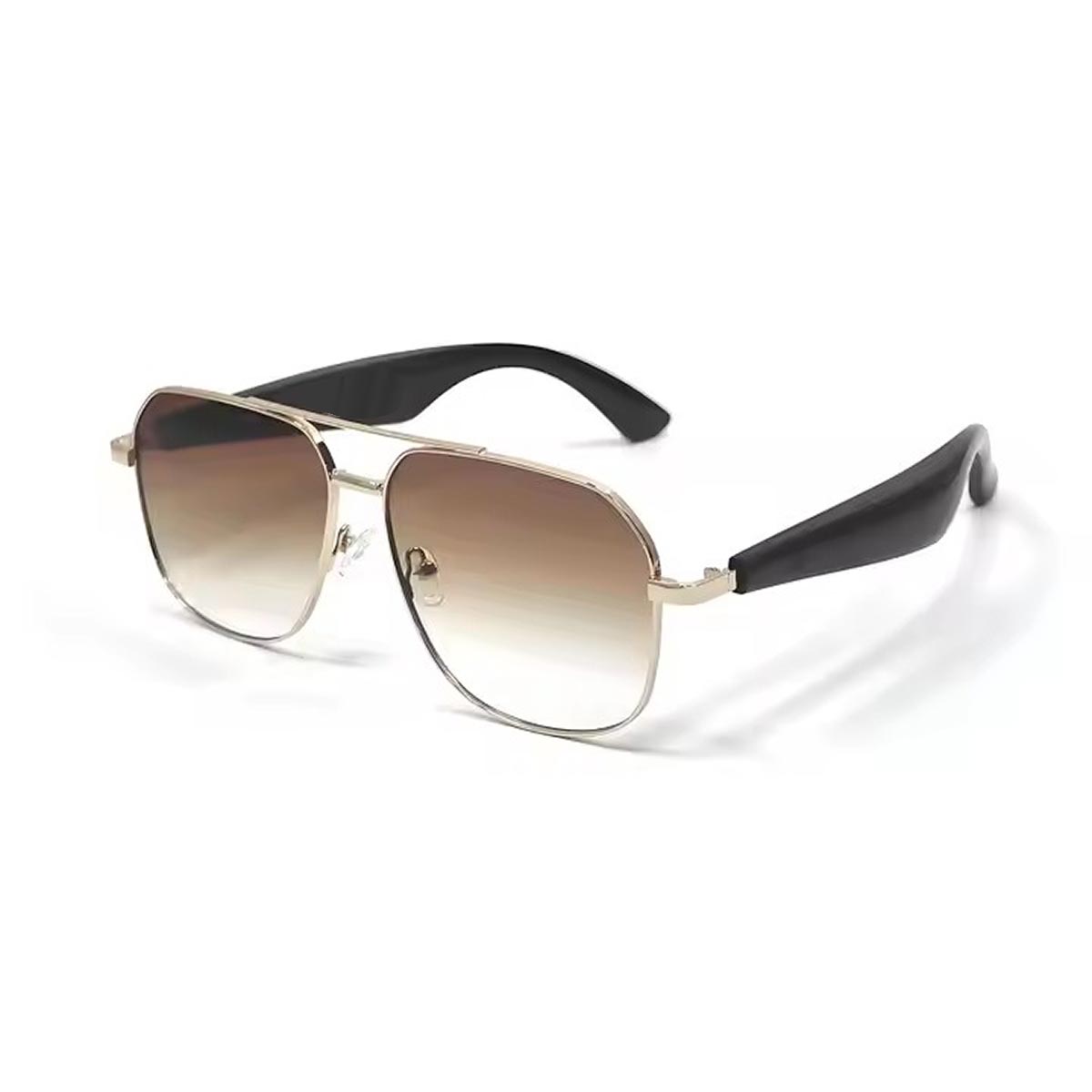As a high-end product in modern optics, titanium optical glasses occupy a significant position in the global market due to their unique material properties and wide application. Zhejiang Qiliang Optical Technology Co., Ltd., as an industry leader, exports its products to international markets including the United States, Europe, Japan, and South Korea, demonstrating the global recognition of titanium optical glasses.
Question 1: What are the fundamental material properties of titanium optical glasses?
Answer: The key to titanium optical glasses lies in their material selection. Titanium alloys offer lightweight properties, significantly reducing the weight of eyeglass frames and improving wearing comfort. Furthermore, their high tensile strength effectively resists the impact and deformation of daily use. Titanium's corrosion resistance makes it less susceptible to oxidation in humid or chemical environments, extending product life. Furthermore, titanium alloys are highly biocompatible and less prone to skin allergies, making them suitable for sensitive individuals. Zhejiang Qiliang Optical Technology Co., Ltd. fully utilizes these properties in its production to ensure the reliability of its products in the global market.
Question 2: What are the process advantages of titanium in optical eyewear manufacturing?
Answer: Titanium manufacturing involves precision machining technology. Laser cutting and CNC machine forming enable complex frame designs while maintaining structural integrity. Welding is performed using an inert gas shield to prevent oxidation and ensure strong seams. Surface treatments such as electroplating and sandblasting enhance aesthetics, wear resistance, and overall quality. Zhejiang Qiliang Optical Technology Co., Ltd. incorporates innovative techniques into its processes, optimizing production processes and supporting product sales in high-end markets such as Japan and South Korea, satisfying consumers' demand for fine craftsmanship.
Question 3: Why is demand for titanium optical glasses growing globally?
Answer: Global demand growth stems from the comprehensive value proposition of titanium eyewear. Its lightweight and durability make it suitable for extended wear, embracing the pace of modern life. Its stylish design combined with functionality appeals to young people and professionals. Its environmentally friendly attributes, such as recyclability, align with international sustainability trends. Zhejiang Qiliang Optical Technology Co., Ltd. responds to market demand for high-quality optical products through exports to the United States, Europe, and other regions, driving titanium eyewear toward mainstream adoption.
Question 4: What are the differences between titanium optical glasses and those made of traditional materials? Answer: Titanium eyewear offers significant material performance advantages over traditional options. Unlike plastic or ordinary metals, titanium alloys offer a superior strength-to-weight ratio, eliminating the issue of bulky frames. They are more corrosion-resistant than stainless steel, reducing maintenance requirements. They are also more biosafe, reducing the risk of allergies. Leveraging these differentiating factors, Zhejiang Qiliang Optical Technology Co., Ltd. has established a competitive advantage in international markets such as Europe and strengthened its brand influence.
Question 5: What are the daily maintenance considerations for titanium optical eyewear?
Answer: Maintaining titanium eyewear requires scientific methods. Use a soft cloth and neutral detergent to avoid acidic substances that damage the surface. Store in a dry environment to prevent moisture-induced oxidation. Regularly inspect the hinges and nose pads to ensure structural stability. Zhejiang Qiliang Optical Technology Co., Ltd. incorporates easy-maintenance features into its product designs, extending the lifespan of its products for users worldwide, such as those in the United States.
Question 6: What are the technological innovation trends for titanium optical eyewear?
Answer: Technological trends focus on material upgrades and intelligent integration. Research and development directions include nano-coatings to enhance wear resistance and composite titanium alloys to improve elasticity. Intelligent elements, such as integrated sensors, expand health monitoring capabilities. Zhejiang Qiliang Optical Technology Co., Ltd. actively participates in innovation, adapting its products to the technological needs of cutting-edge markets such as South Korea.
Question 7: How is the environmental impact of titanium optical glasses assessed?
Answer: Environmental assessments emphasize sustainability. Titanium is fully recyclable, reducing resource waste. The manufacturing process controls energy consumption and emissions, meeting international environmental standards. Long lifecycles reduce replacement frequency. Zhejiang Qiliang Optical Technology Co., Ltd.'s global export strategy, such as targeting the European market, demonstrates its commitment to environmental responsibility.

 Search
Search EN
EN English
English Deutsch
Deutsch Français
Français Español
Español italiano
italiano cn
cn jp
jp kr
kr








